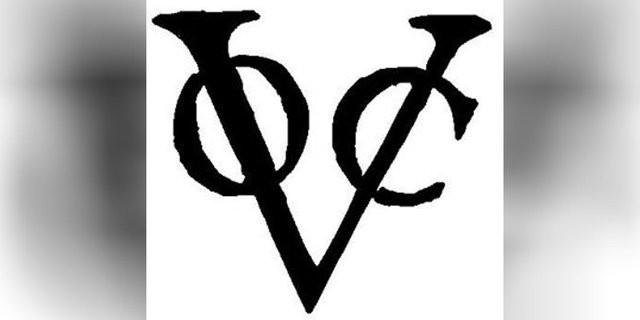
Today, nearly two decades of corruption reformation is still taking place in Indonesia. From low-level officials to high-level officials, party leaders, involved in corruption and having to languish behind bars. State money that is true for the interests of the people was cooked by the rat tie it.
Former Chairman of the Ethics Committee of Corruption Eradication Commission (KPK) Buya Ahmad Syafii Maarif regretted the attitude of political elites against the eradication of corruption in Indonesia. Syafii assessed there is no seriousness of eradicating corruption from political elites.
"The rather sad thing is that the political elite is not a compact supporter of the KPK, even though the law is made in the House of Representatives together with the Government," said the former Chairman of PP Muhammadiyah when attending the celebration of World Anti-Corruption Day at Bidakara Hotel, South Jakarta, Tuesday / 12) yesterday.
He even sees the political elite uncomfortable and tends to dislike the existence of the KPK. In fact, he added, without KPK, Indonesia could collapse.
Buya then insinuated the history of VOC bankruptcy. Buya said the VOC collapsed due to corrupt actions from the inside.
"Of course we do not want this nation destroyed by being gnawed from within," he said.
As disclosed Buya Ahmad Syafii Maarif, corruption is already there since the first. Even corruption became one of the world's first multinational corporations, the VOC, went bankrupt and collapsed.
Vereenigde Oostindische Compagnie (commonly known as the VOC abbreviation) was established on 20 March 1602. The Dutch company which had a monopoly for trading activities in Asia had almost two centuries taken control of Indonesia, until it was bankrupted and dissolved at 1799.
In its heyday, the VOC was a company that had the 'exorbitant' profits from the monopoly of selling the spices of the archipelago to Europe. Despite its status, the VOC, commonly known as the Company, has a number of privileges as set forth in the Octrooi (Charter / Charta) dated March 20, 1602.
Firstly, the VOC had the monopoly to trade and sail in the eastern region of the Cape of Good Hope and to the west of the Strait of Magellan and control the trade for its own sake.
Secondly, the VOC has sovereign rights so that it can act as a state to maintain the army, declare war and make peace, seize and occupy foreign territories outside the Netherlands, govern the regions, establish / issue currency own, and levy taxes.
In 1669, the VOC was the richest private company in history, with assets of more than 150 merchant ships, 40 warships, 50,000 workers, private armed forces with 10,000 soldiers, and 40 percent dividend payouts.
However, the progress of the VOC is proportional to the corrupt practices of its superiors. Sale and purchase positions are also common. Bribes must be granted if a person wants to be an employee or a VOC. As a result of corruption in the first multinational corporation was rampant.
Not only that, the tribute system also occurs in the VOC. The lower official must give tribute to the officials on it. Corruption occurred in every line of the VOC. Not to mention the war that occurred with the kingdom and indigenous communities who need a lot of money to make the VOC's financial condition more critical.
In 1975, the total VOC debt totaled 136.7 million guilders. The VOC can no longer be helped. The Dutch government finally decided to dissolve the VOC on 31 December 1799. All the debt and wealth of the VOC was taken over by the Dutch government.